Great question! The topic of Can Cats Eat Mushrooms? is an important one for pet owners. Here’s a convincing answer to address your concern:
Generally speaking, cats should not eat mushrooms. While some store-bought mushrooms may not be toxic to cats, it’s best to err on the side of caution and avoid feeding them to your feline friend. Here’s why:
1. Potential toxicity: Many wild mushrooms are toxic to cats and can cause severe health issues or even death. Since cats can’t distinguish between safe and dangerous mushrooms, it’s safer to keep all mushrooms away from them.
2. Digestive issues: Even non-toxic mushrooms can cause gastrointestinal upset in cats, leading to vomiting or diarrhea.
3. Nutritional value: Cats are obligate carnivores, meaning they don’t require vegetables or fungi in their diet. Mushrooms offer little to no nutritional benefit for cats.
4. Allergic reactions: Some cats may have allergic reactions to mushrooms, which can lead to various health problems.
5. Choking hazard: The texture and shape of mushrooms can pose a choking risk, especially for curious cats who might not chew them properly.
If you suspect your cat has eaten any mushrooms, especially wild ones, it’s crucial to contact your veterinarian immediately. Watch for symptoms such as vomiting, diarrhea, lethargy, or seizures, which could indicate mushroom poisoning.
In conclusion, it’s best to keep mushrooms out of your cat’s diet and stick to specially formulated cat food for their nutritional needs. Always consult with your vet before introducing any new foods to your cat’s diet.
Table of Contents
Are mushrooms toxic to cats?
Mushrooms can indeed be toxic to cats, and it’s a serious concern for pet owners. While not all mushrooms are harmful, many can be extremely dangerous, and it’s often challenging to distinguish between safe and poisonous varieties. This difficulty in identification makes it safest to consider all mushrooms as potentially toxic to cats.
The toxicity of mushrooms varies widely between species, with some containing toxins that can be fatal even in small amounts. Cats can absorb these toxins quickly, leading to rapid onset of symptoms. The effects of toxic mushrooms can be severe, causing liver and kidney damage, neurological issues, and in worst cases, death.
Even experts can struggle to identify mushroom species accurately, making it nearly impossible for cat owners to determine if a mushroom is safe. While some store-bought mushrooms may be less toxic, wild mushrooms pose a significant risk and should always be considered dangerous. It’s also worth noting that individual cats may have different sensitivities to mushroom toxins, making reactions unpredictable.
Common symptoms of mushroom poisoning in cats include vomiting, diarrhea, lethargy, weakness, jaundice, seizures, tremors, and excessive drooling. If you suspect your cat has ingested any type of mushroom, it’s crucial to treat it as an emergency and contact your veterinarian immediately. Quick action can be life-saving in cases of mushroom toxicity.
In conclusion, it’s safest to keep all mushrooms away from cats and to be vigilant about removing any wild mushrooms from areas your cat can access. Prevention is key in protecting your feline friend from potential mushroom toxicity. Always prioritize your cat’s safety and consult with your vet if you have any concerns about what your cat may have eaten.
Can cats eat mushrooms raw?
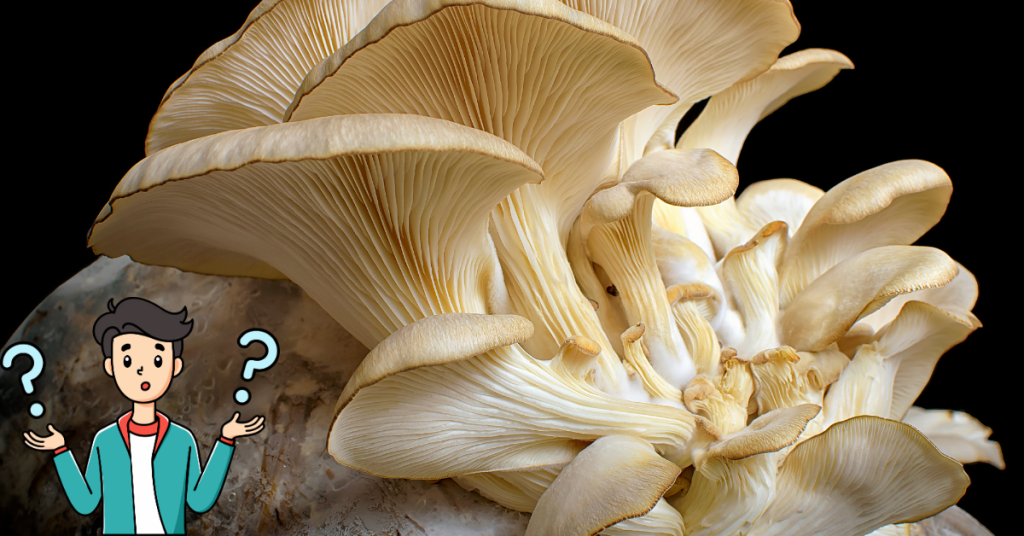
Feeding cats raw mushrooms is not recommended under any circumstances. While some mushrooms may not be overtly toxic, there are several compelling reasons to avoid giving cats raw mushrooms:
First and foremost, cats are obligate carnivores, meaning their digestive systems are designed to process animal proteins, not plant matter. Raw mushrooms can be difficult for cats to digest, potentially leading to gastrointestinal upset, including vomiting and diarrhea.
Secondly, the risk of toxicity remains a significant concern. Even if you’re certain the mushroom is a non-toxic variety, misidentification is always possible. Some toxic mushrooms closely resemble edible ones, and the consequences of a mistake could be severe or even fatal for your cat.
Moreover, raw mushrooms can harbor harmful bacteria or parasites that could make your cat ill. Cats’ shorter digestive tracts make them more susceptible to foodborne illnesses than humans.
There’s also the risk of choking or intestinal blockage, especially if the mushroom is not properly chewed. Cats may not thoroughly chew unfamiliar foods, which could lead to these dangerous situations.
Lastly, introducing raw mushrooms to your cat’s diet offers no nutritional benefit. Cats derive all their necessary nutrients from a proper meat-based diet, making mushrooms an unnecessary addition.
In conclusion, it’s best to err on the side of caution and keep all mushrooms, raw or cooked, away from your feline companion. If you’re looking to enhance your cat’s diet, consult with your veterinarian for safe, species-appropriate options.
Relavant article: Can Cats Eat Microgreens? || Can Cats Eat Pepperoni?|| Can Cats Eat Garbanzo Beans?
Can cats eat mushroom soup?
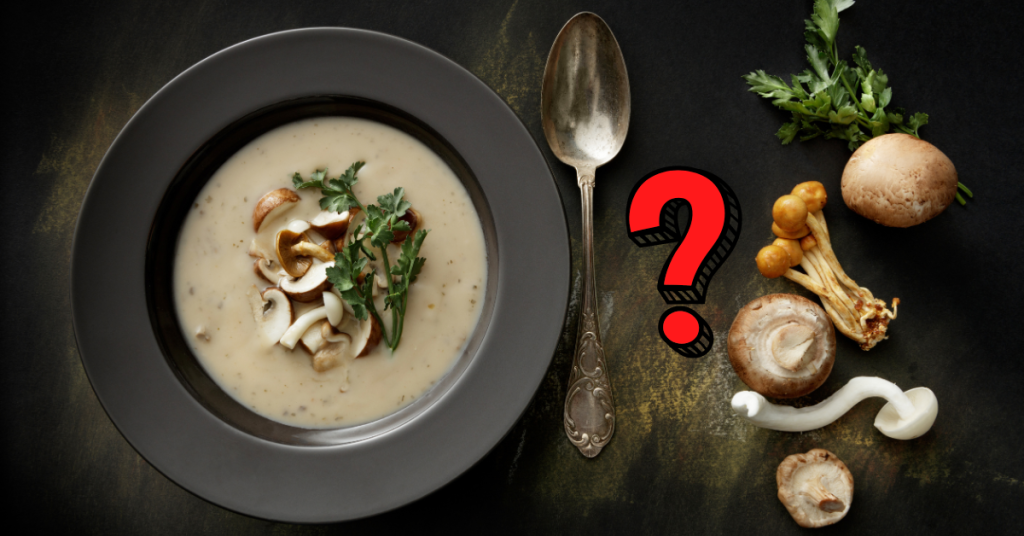
Mushroom soup, while a delectable dish for humans, is not a suitable food for cats due to several important factors. Cats are obligate carnivores, which means their bodies are designed to digest and utilize nutrients primarily from animal sources. Their digestive systems are not well-equipped to process many of the ingredients commonly found in mushroom soup.
One of the main concerns with feeding cats mushroom soup is the presence of potentially harmful ingredients. Many recipes include onions and garlic, which contain compounds toxic to cats. These ingredients can damage feline red blood cells, potentially leading to anemia. Additionally, most mushroom soups contain dairy products like cream or milk. Cats are generally lactose intolerant, and consuming dairy can result in digestive upset, including diarrhea and vomiting.
The high salt content in mushroom soup is another significant issue. Cats have a low tolerance for sodium, and excessive intake can lead to electrolyte imbalances, dehydration, and in severe cases, sodium ion poisoning. Furthermore, the various spices and seasonings used in soups can irritate a cat’s sensitive digestive system.
While the mushrooms themselves, particularly cultivated varieties, are generally not toxic to cats, they offer no nutritional benefit. In fact, the risk of misidentification or contamination, even in commercial products, makes it safer to avoid mushrooms altogether. Wild mushrooms, which might accidentally find their way into homemade soups, can be extremely dangerous for cats.
The high fat content in creamy mushroom soups can potentially lead to pancreatitis in cats, a serious and painful inflammation of the pancreas. Moreover, the caloric density of these soups can contribute to obesity if fed regularly, which is a growing concern in domestic cats.
Can cats eat button mushrooms?
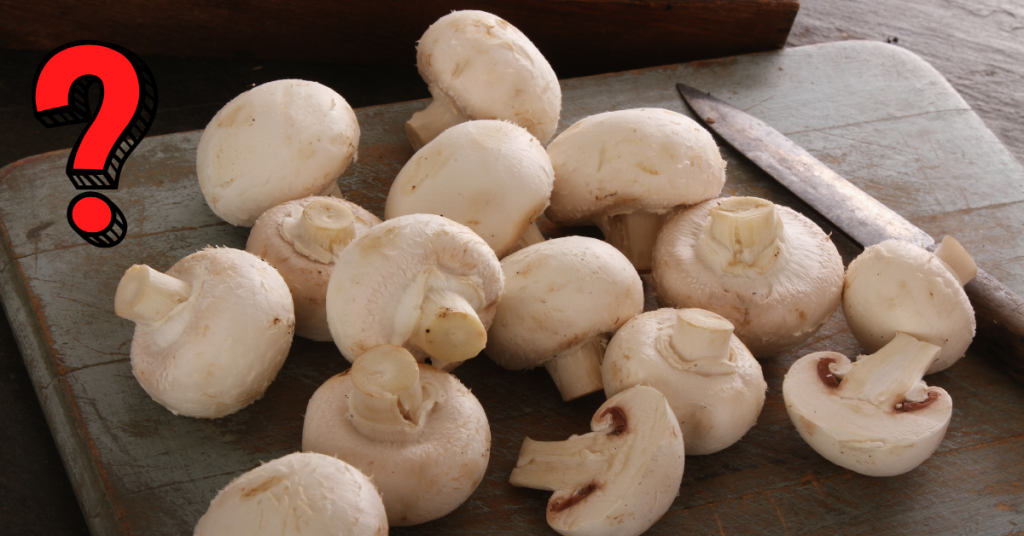
Well, here’s the deal with cats and button mushrooms:
Technically, button mushrooms aren’t toxic to cats. They’re not like some of the really dangerous wild mushrooms out there. But that doesn’t mean they’re a good idea for your cat to eat.
The thing is, cats don’t really need mushrooms in their diet. They’re meat-eaters at heart, and mushrooms don’t give them any nutritional benefits. Plus, some cats might have trouble digesting them, which could lead to an upset stomach or diarrhea.
There’s also the risk of choking if your cat tries to eat a whole mushroom. And if the mushrooms are cooked, they might have oils, seasonings, or other ingredients that aren’t good for cats.
So, while a tiny bit of plain, raw button mushroom probably won’t hurt your cat, it’s not something I’d recommend feeding them on purpose. It’s always safer to stick to cat food and treats made specifically for them. If you’re ever unsure about what your cat’s eating, it’s best to check with your vet. They know your cat’s health best and can give you the most accurate advice.
Can cats eat oyster mushrooms?
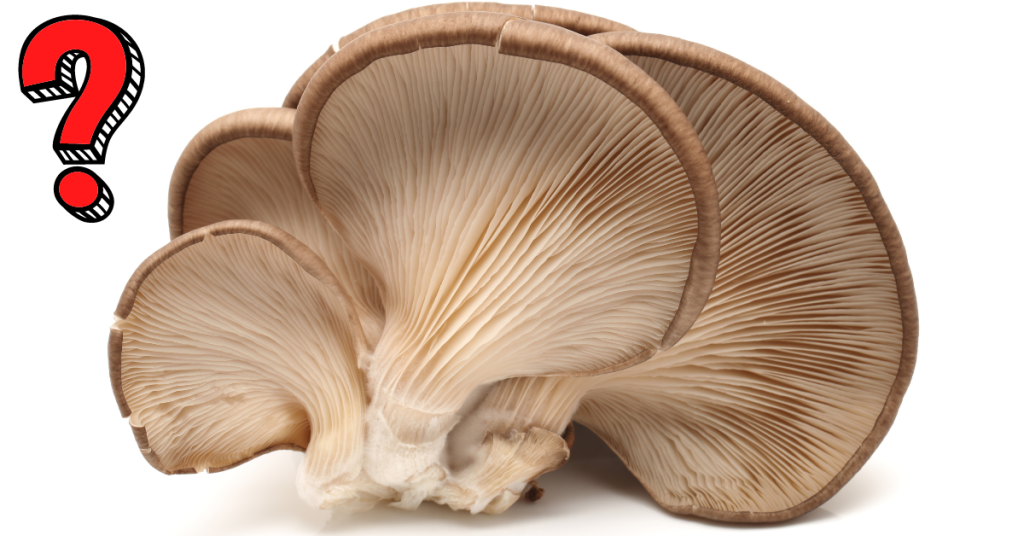
Oyster mushrooms, like many other mushrooms, aren’t toxic to cats. However, that doesn’t mean they’re a good choice for your feline friend’s diet. Cats are obligate carnivores, which means their bodies are designed to get nutrients primarily from meat. Mushrooms, including oyster mushrooms, don’t really fit into their natural dietary needs.
While a small nibble probably won’t cause serious harm, there are some concerns to keep in mind. Some cats might have trouble digesting mushrooms, which could lead to an upset stomach or diarrhea. There’s also a potential choking hazard due to the texture of mushrooms. If the mushrooms are cooked, they might contain oils, seasonings, or other ingredients that aren’t cat-friendly. Although rare, some cats could potentially be allergic. Most importantly, cats don’t really get any nutritional benefit from eating mushrooms.
So, while oyster mushrooms aren’t toxic, they’re not something you should intentionally feed your cat. It’s always safer to stick with cat food and treats specifically made for felines. If you’re ever unsure about what your cat can eat, it’s best to consult with your vet. They know your cat’s specific health needs and can provide the most accurate advice tailored to your pet.


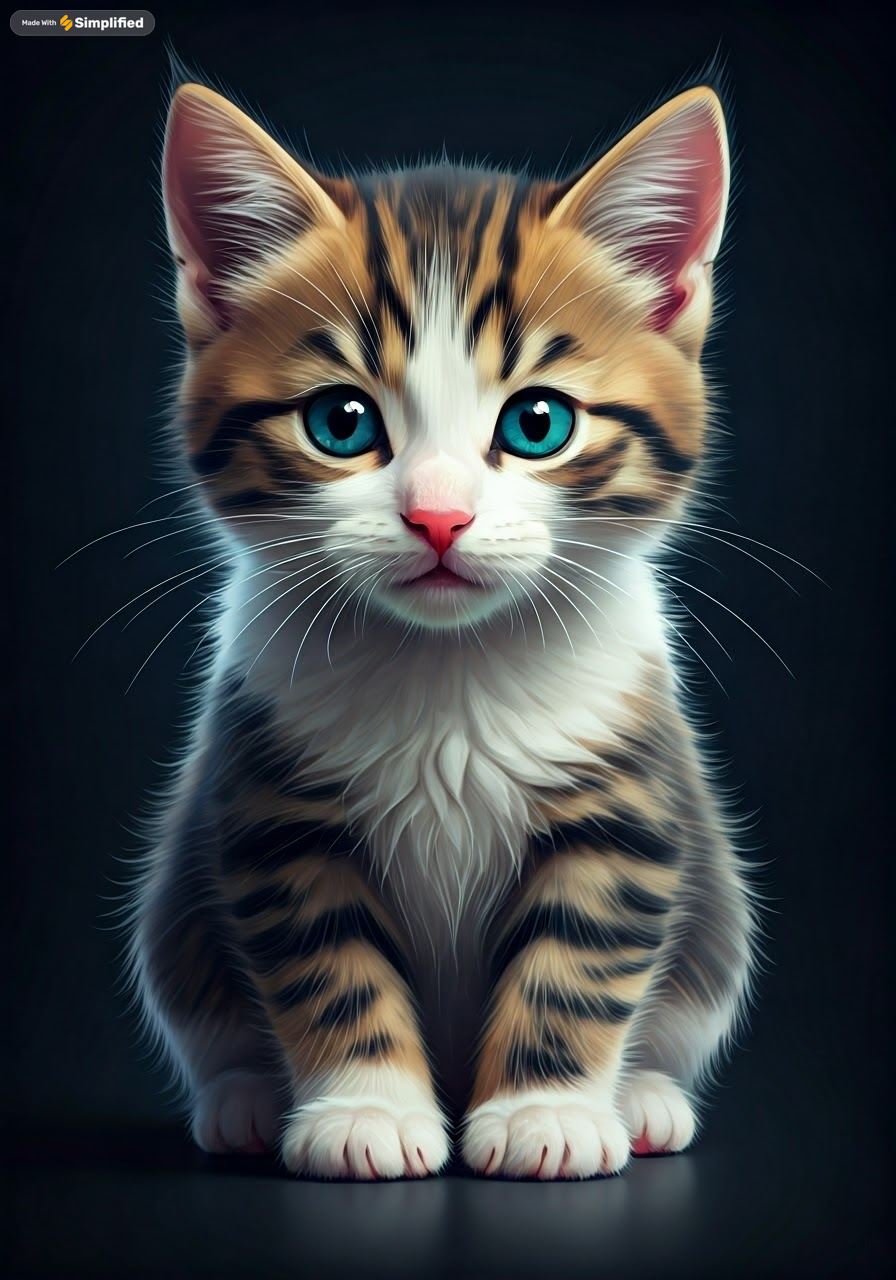
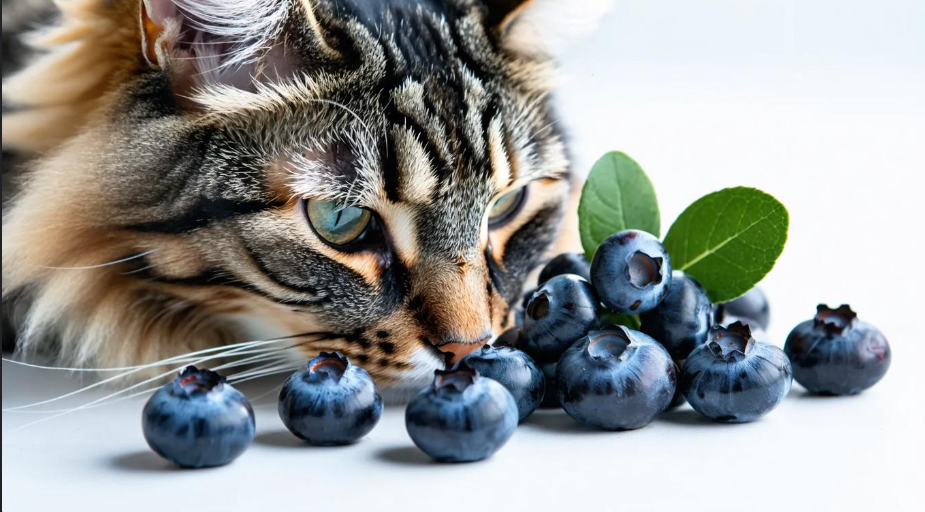


Leave a Reply